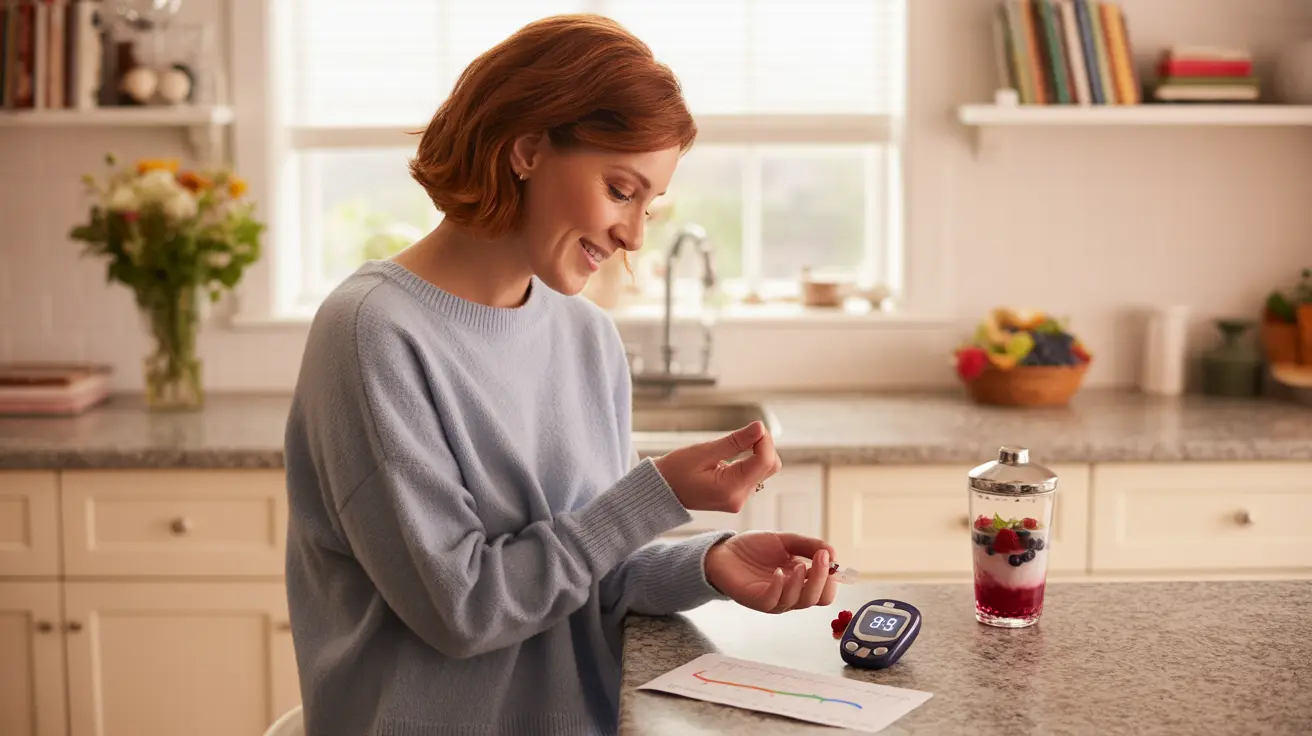Living with type 1 diabetes requires careful management of blood sugar levels, and alcohol consumption adds another layer of complexity to this challenge. Understanding what alcohol diabetics with type 1 can drink safely is crucial for both enjoying social occasions and maintaining good health. This comprehensive guide will help you navigate alcohol consumption while managing your type 1 diabetes effectively.
Understanding Alcohol's Impact on Blood Sugar
Alcohol can significantly affect blood glucose levels in people with type 1 diabetes. When your liver processes alcohol, it becomes less efficient at releasing glucose into your bloodstream, which can lead to unexpected low blood sugar levels. This effect can last for several hours after drinking, making careful monitoring essential.
Safe Alcohol Options for Type 1 Diabetics
While people with type 1 diabetes can enjoy alcohol in moderation, some options are better choices than others:
Lower-Risk Alcoholic Beverages
- Light beers
- Dry wines (red or white)
- Spirits with sugar-free mixers
- Hard seltzers with low carb content
Beverages to Approach with Caution
- Sweet wines
- Regular beers
- Cocktails with sugary mixers
- Liqueurs and cordials
Essential Safety Guidelines
Following these key precautions can help type 1 diabetics drink alcohol more safely:
Before Drinking
- Check your blood sugar levels
- Eat a substantial meal
- Ensure your diabetes supplies are readily available
- Inform friends about your condition
While Drinking
- Alternate alcoholic drinks with water
- Choose lower-carb options when possible
- Monitor blood glucose regularly
- Keep fast-acting carbohydrates nearby
After Drinking
- Check blood sugar before bed
- Have a snack if levels are trending low
- Set alarms for overnight monitoring
- Stay hydrated
Managing Insulin and Food
Balancing insulin dosing with alcohol consumption requires careful planning. Consider reducing your insulin dose when drinking, particularly if you're having multiple drinks over several hours. Always consult with your healthcare provider about specific adjustments to your insulin regimen when drinking alcohol.
Risk Prevention Strategies
To minimize the risks associated with alcohol consumption:
- Wear medical identification
- Use continuous glucose monitoring if available
- Never drink on an empty stomach
- Set limits on your alcohol intake
- Keep glucose tablets or juice readily accessible
Frequently Asked Questions
What types of alcohol are safest for people with type 1 diabetes to drink?
The safest alcoholic beverages for type 1 diabetics are those lower in carbohydrates, such as dry wines, light beers, and spirits mixed with sugar-free beverages. These options are easier to factor into blood sugar management.
How does alcohol affect blood sugar levels in someone with type 1 diabetes?
Alcohol can cause blood sugar levels to drop unexpectedly because it interferes with the liver's ability to produce glucose. This effect can last for up to 24 hours after drinking and can increase the risk of hypoglycemia.
What precautions should people with type 1 diabetes take when drinking alcohol?
Key precautions include eating before and while drinking, monitoring blood sugar frequently, carrying diabetes supplies and fast-acting glucose, informing companions about your condition, and wearing medical identification.
Can drinking alcohol increase the risk of hypoglycemia for people with type 1 diabetes?
Yes, alcohol significantly increases the risk of hypoglycemia in people with type 1 diabetes, particularly overnight and the morning after drinking. This risk is due to alcohol's interference with normal glucose regulation.
How can people with type 1 diabetes manage insulin and food intake when consuming alcoholic drinks?
People with type 1 diabetes should consider reducing their insulin doses when drinking, eat carbohydrate-containing foods while consuming alcohol, and monitor blood sugar levels closely. Working with a healthcare provider to develop a personalized plan is essential.




